The Department of Surgery offers a one-year International Surgical Oncology Global Cancer Disparities Fellowship to fully trained surgeons. The aim of the International Surgical Oncology Global Cancer Disparities Fellowship is to train the fellow to effectively direct multimodality cancer therapy for the cancer patients in both high- and low-income countries.
Further information pertaining to Memorial Sloan Kettering’s Global Cancer Disparities Initiatives may be found here.
Cancer is a rapidly growing problem in low- and middle-income (LMIC) countries. Outcomes for cancer patients are poor. There is a need for improved research and training to improve these outcomes. The MSK Global Cancer Disparity Initiative was created in 2013. The goal of the initiative is to improve outcomes for patients with cancer in LMIC. It is based on a collaboration between physicians at MSK and Nigeria that began in 2010. This collaboration has now grown to include the African Research Group for Oncology (ARGO) in Nigeria, which is an MSK cofounded consortium that includes 5 centers in Nigeria and MSK. ARGO has multiple ongoing training endeavors and clinical trials regarding colorectal and breast cancer. In addition, in 2016, a new collaboration was created with the Aga Khan hospitals in Kenya and Tanzania, with a focus on breast and cervical cancer training and research.
Clinical Training
The training throughout the fellowship is comprised of a rotation schedule. Fellows will spend 3 months in breast and colorectal services at MSK, 3 months on clinical research/elective time at MSK, and 6 months at MSK’s collaborating sites in West and East Africa.
While they are on clinical services, fellows are responsible for all preoperative, intraoperative and postoperative patient care. In addition, they are responsible for teaching residents and medical students who are rotating on the service. While in research months at MSK, fellows will attend colorectal and breast cancer clinical conferences while performing research in global cancer disparity topics. Emphasis is placed on understanding and developing multimodality treatment protocols for the range of malignancies which are encountered by surgical oncologists in practice in both high- and low-income countries.
Trainees are expected to gain a thorough understanding of cancer biology, cancer disparities, cancer care in resource limited environments, genetics, biostatistics and epidemiology. This is done through lectures, conferences, grant applications, directed readings and individual research projects.
Research
Fellows will become well-versed in the current literature with a specific reading list provided by the global cancer disparity fellowship. The fellow will have a dedicated mentor on the Colorectal Service and the Breast Service to guide research projects. In addition, the Global Disparities Director will have weekly meetings to assist with research projects and provide weekly education sessions specific to global cancer initiatives. Education during these 3 months will include Dept. of Surgery conferences such as Grand Rounds, Surgical Oncology Fellows Teaching Conference, the Gastric Mixed Tumor, Breast, and Colorectal Service Disease Management Team conferences. The global disparities fellow will participate in the surgery fellow research training course. This course, over an 8-week period, includes training in topics such as database management, research ethics, clinical trial design, and statistics.
Over the course of the year, the fellow will create:
- Two retrospective research projects answering 2 important clinical research topics related to cancer in low- and middle income countries (LMIC). These projects will utilize the MSK supported databases and biobanks in Nigeria with breast and colorectal cancer patients.
- One prospective study that will be initiated during their clinical/research rotation in Nigeria. This study will focus on topics such as barriers to cancer care, implementation of treatment pathways, and methods for the early detection of cancer. The fellow will also inherit the prospective study that was created by the prior fellow – thus each fellow will generate a prospective study they will develop and initiate and inherit an already established prospective protocol that they will actively manage.
- Assist with writing one grant application specific to cancer research or training in LMIC. This will provide the fellow with valuable experience in synthesizing LMIC cancer topics, creating specific aims, grant structure, and the logistics of creating a grant application.
- Send one abstract to a conference with a topic specific to cancer in LMIC.
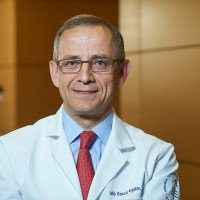
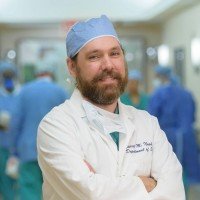
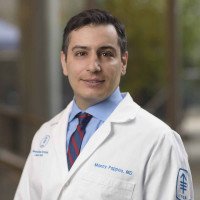


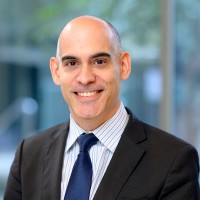




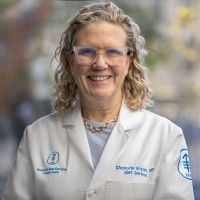

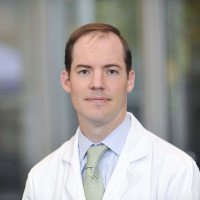
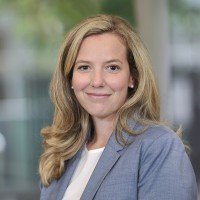
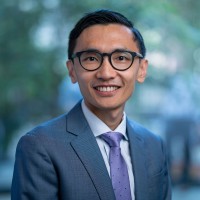

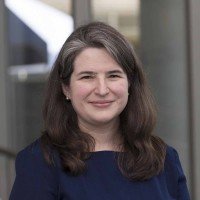

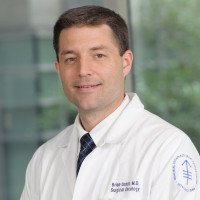




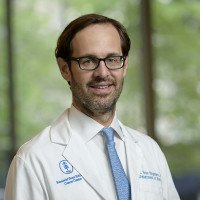



2019
Gregory C. Knapp, MD, University of Calgary, Canada
Anna J. Dare, MBChB (University of Toronto, Ontario, Canada)
Benefits and Environment
Memorial Sloan Kettering Cancer Center is located on the Upper East Side of Manhattan — a vibrant, safe community with many nearby activities for adults and children. Salary and benefits are provided to all fellows according to level of training (number of postgraduate years). There are many schools and affordable childcare options nearby.
Deadline
Applications are due between October 31 and December 1. Selected candidates are encouraged to come to New York to interview; however telephone interviews are also offered.
Length of Program
One year
Eligibility
Candidates must be graduates of a recognized US or foreign medical school and have completed a general surgery residency training program by the time they would begin the fellowship. US general surgery residents are eligible to apply in their 4th year of residency, in order to begin the fellowship immediately after completing their residency. The candidate should be interested and committed to expanding his/her expertise in surgical oncology in high- and low-income countries. The candidate must have passed the USMLE examinations or any equivalent predecessor or successor examination and hold a valid ECFMG certificate, if applicable. In addition, the candidate must certify intent to return to his/her home country, if not from the US, upon completion of training.
Number of Positions
1-2
How to Apply
Applications must include the following items:
- Memorial Hospital Graduate Staff Application form
- ECFMG full certification: Applicants must have completed USMLE Steps 1, 2CK, and 2CS prior to submitting an application to our program
- Current CV
- Copy of MD diploma (with translation, if necessary)
- Personal statement: This should include a description of the candidates personal qualifications and motivation for applying for the program, explain the applicants interest in global cancer disparities, describe the applicants past experience working in low- and middle-income countries (if any), and describe a detailed professional plan upon completion of training.
- Three letters of recommendation addressed to Dr. T. Peter Kingham: One of these letters must be from the department chairman
- Photograph
If any of these requirements are not met or are incomplete upon submission, the application will not be processed.